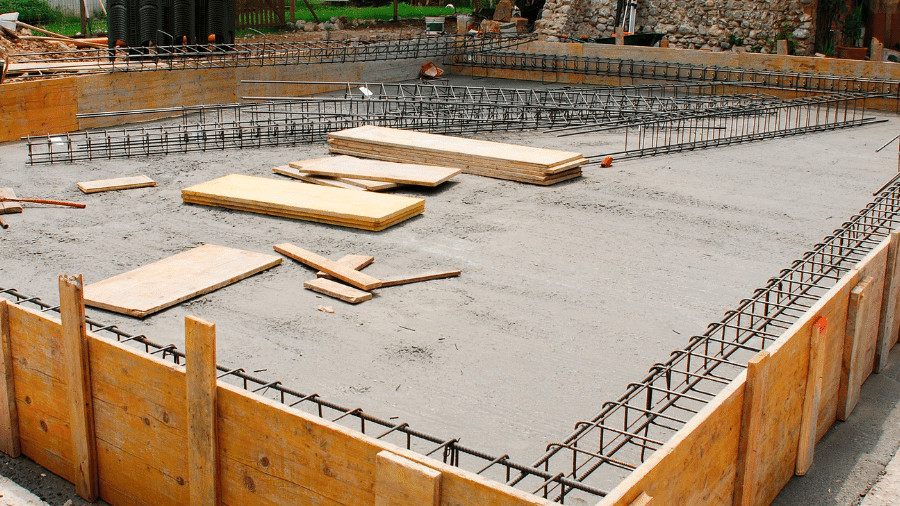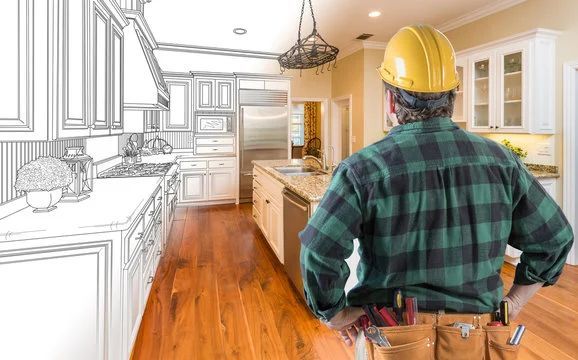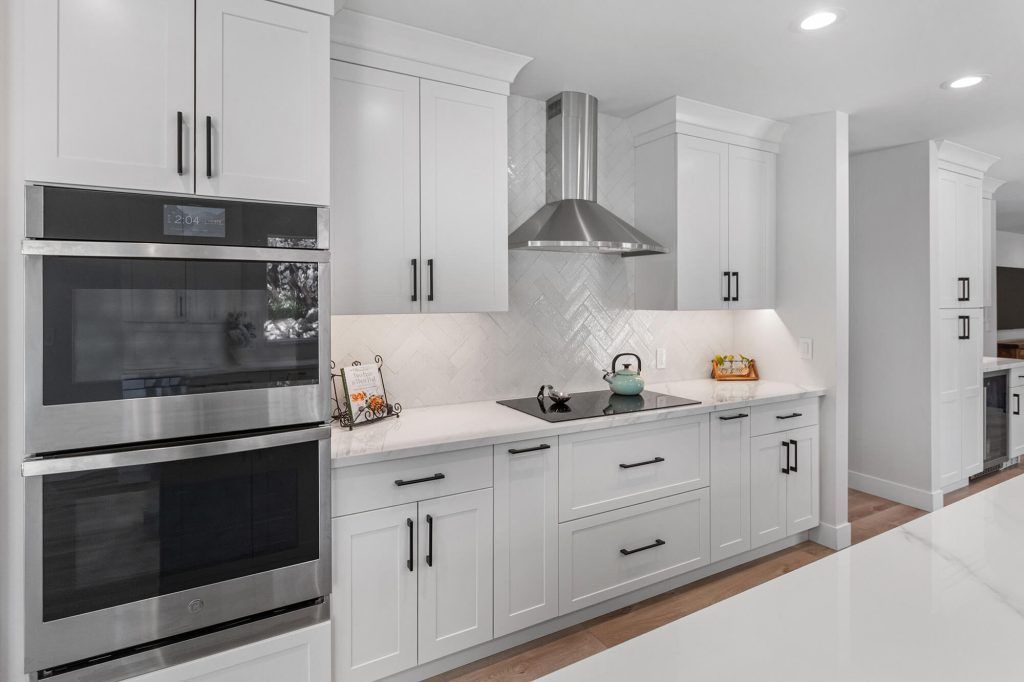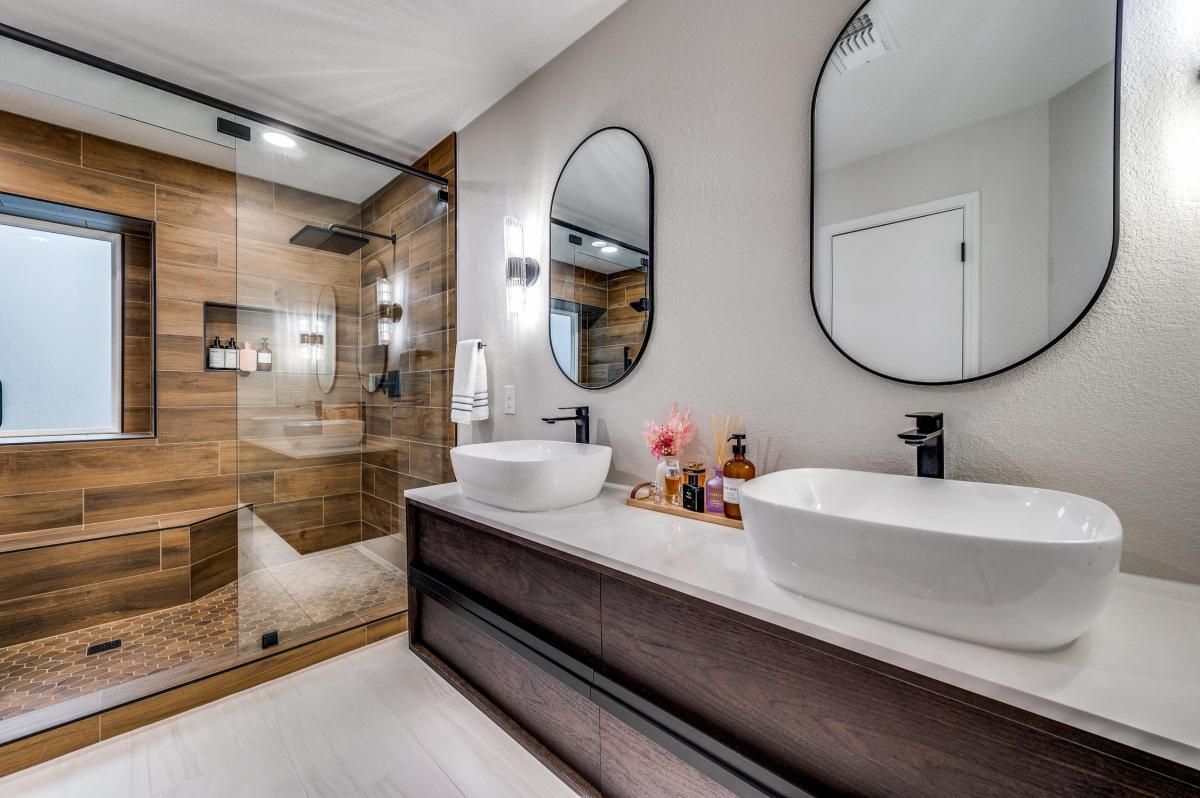What is a General Contractor?
Understanding the Role of a General Contractor

A common question among homeowners planning a renovation or construction project is: what is a general contractor? A general contractor is the professional responsible for overseeing, coordinating, and managing an entire construction or remodeling project from start to finish.
Rather than performing every task personally, a general contractor acts as the central point of responsibility. They manage schedules, budgets, subcontractors, permits, inspections, and quality control to ensure the project is completed correctly and efficiently.
What Does a General Contractor Actually Do?
The role of a general contractor goes far beyond supervising job sites. Their responsibilities begin before construction starts and continue until the final walkthrough.
A general contractor helps define the project scope, estimates costs, creates a timeline, and coordinates all necessary trades such as plumbers, electricians, drywall installers, and finish carpenters. Throughout the project, they ensure work meets building codes, design specifications, and quality standards.
This coordination is critical to keeping projects organized and avoiding delays or costly mistakes.
When Do You Need a General Contractor?
Not every project requires a general contractor, but most medium to large renovations do. If your project involves multiple trades, structural changes, permits, or a strict timeline, hiring a general contractor is strongly recommended.
Home remodeling projects such as kitchen renovations, bathroom remodels, home additions, or full-house renovations benefit significantly from professional oversight. A general contractor simplifies communication and ensures that every phase progresses in the correct order.
How a General Contractor Keeps Projects on Track
One of the biggest advantages of working with a general contractor is accountability. With a single professional managing the entire project, homeowners avoid the stress of coordinating multiple vendors and resolving conflicts between trades.
General contractors manage scheduling, handle unexpected issues, and keep the project aligned with the agreed budget. Their experience allows them to anticipate problems early and implement solutions before they affect timelines or costs.
General Contractor vs. Subcontractor: What’s the Difference?
A general contractor manages the overall project, while subcontractors specialize in specific tasks such as plumbing, electrical work, or tile installation. Subcontractors report to the general contractor, not directly to the homeowner.
This structure ensures consistency, proper sequencing, and quality control across all phases of construction. It also gives homeowners a single point of contact instead of managing multiple specialists independently.
Licensing, Permits, and Compliance
A professional general contractor is licensed, insured, and knowledgeable about local building codes and permit requirements. They are responsible for obtaining permits, scheduling inspections, and ensuring all work complies with regulations.
This protects homeowners from legal issues, failed inspections, and potential safety risks — all of which can be costly to resolve after construction is complete.
Why Hiring the Right General Contractor Matters
Choosing the right general contractor directly impacts the success of your project. Poor management often leads to delays, budget overruns, and subpar workmanship.
An experienced general contractor prioritizes planning, communication, and quality execution. This approach ensures that your project runs smoothly and delivers lasting results rather than short-term fixes.
A General Contractor Is Your Project’s Foundation
Understanding what a general contractor does helps homeowners make informed decisions. From planning and coordination to execution and final delivery, a general contractor provides structure and clarity throughout the construction process.
With the right professional in place, construction becomes a predictable, organized experience — not a stressful one.
Planning a construction or remodeling project?
Contact our experts today for guidance and find out the best approach for your project and budget.



